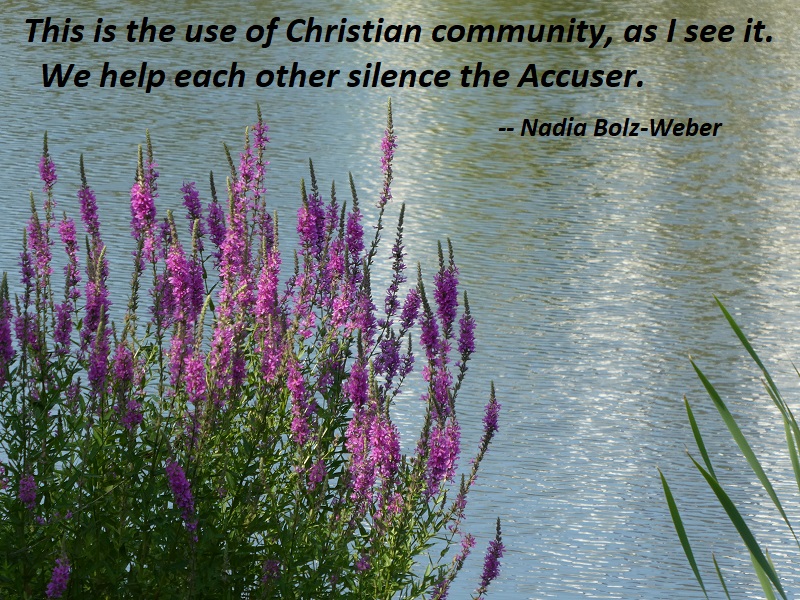The Blood of Jesus
The blood of Jesus does not purchase forgiveness for us, pay the penalty for sin, or appease the wrath of God. God didn’t need the blood of Jesus as any sort of payment or appeasement. God does not desire blood and death. The blood of Jesus has nothing to do with any of those things.
No, the blood of Jesus is the solution to the problem of human sin because it both exposes the true nature of our sin to us, and then calls us to no longer participate in these practices. The blood of Jesus calls us away from scapegoating and violence, toward love and forgiveness. In this way, the blood of Jesus truly does save the world from sin. It saves us, not because it buys redemption and reconciliation from God, but because it reveals to us the truth about our sin and calls us to live toward others as God has always lived toward us: with nothing but love, grace, mercy and forgiveness. When we live this way, all the world will know that we have been saved from sin.
— J. D. Myers, Nothing But the Blood of Jesus, p. 259-260
Photo: South Riding, Virginia, August 30, 2020









